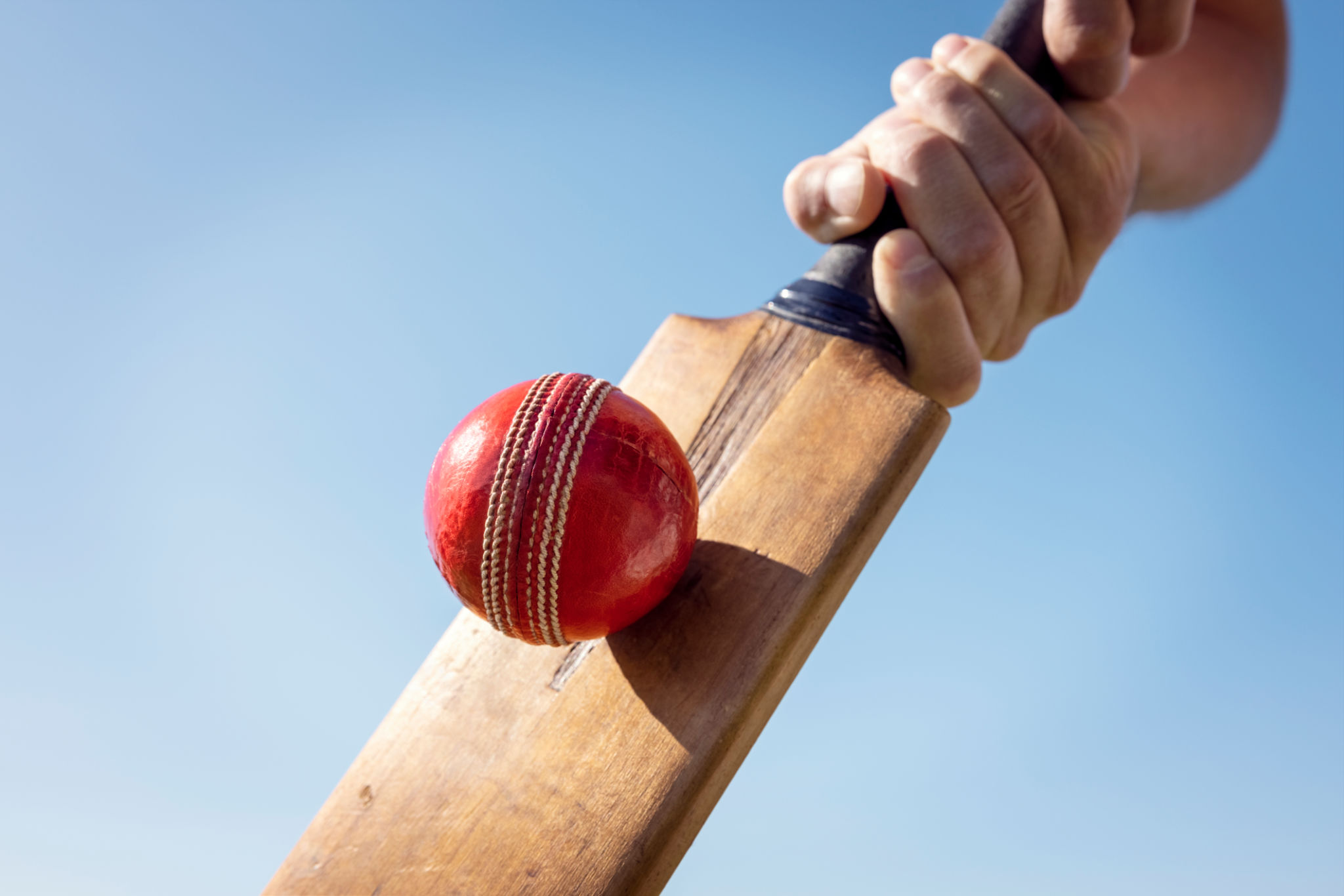Sports League Representation in Belgium: What You Need to Know
Understanding Sports League Representation in Belgium
Sports in Belgium have always held a significant place in the cultural and social fabric of the nation. With various sports leagues operating within the country, understanding how representation works is crucial for athletes, managers, and fans alike. This blog post delves into the essentials of sports league representation in Belgium, offering insights into its structure and impact.
Belgium boasts a diverse sporting landscape, with football, cycling, and basketball being among the most popular. Each sport has its own league system and governing body that ensures proper management and representation of teams and athletes. These organizations work to promote fair play and the development of sports across the nation.

The Role of Governing Bodies
Governing bodies play a pivotal role in the representation of sports leagues in Belgium. For instance, the Royal Belgian Football Association (RBFA) is responsible for overseeing football activities in the country. Similarly, basketball is managed by Basketball Belgium, which coordinates national teams and local leagues.
These organizations ensure compliance with international standards and regulations while fostering talent development through various programs. They also handle the promotion of local leagues, ensuring that athletes get the necessary exposure and opportunities to advance their careers.
Representation at the National Level
At the national level, representation involves selecting athletes for national teams and preparing them for international competitions. This process is meticulous and considers players' performance, potential, and commitment. The ultimate goal is to build strong teams that can compete on an international stage and bring pride to Belgium.

Local Leagues: The Backbone of Sports
Local leagues form the backbone of sports development in Belgium. They provide a platform for aspiring athletes to showcase their skills and potentially be scouted for national teams. These leagues are instrumental in cultivating local talent, offering structured competitions that help players hone their abilities.
In addition to providing competitive opportunities, local leagues often collaborate with schools and community programs to promote sports at the grassroots level. This cooperation is vital in building a robust pipeline of talent that feeds into professional leagues and national teams.
Challenges in Representation
Despite its strengths, sports league representation in Belgium faces several challenges. These include funding constraints, balancing amateur and professional interests, and ensuring equal representation across different regions and communities. Addressing these challenges requires strategic planning and collaboration among various stakeholders.

Conclusion: The Future of Sports Representation
The future of sports league representation in Belgium looks promising, with ongoing efforts to enhance governance, nurture talent, and improve infrastructure. As Belgium continues to grow as a sporting nation, it is imperative for all involved parties to work together towards a common goal of excellence in sports.
By understanding the nuances of sports league representation in Belgium, stakeholders can better navigate the landscape, ensuring that athletes are well-represented and supported throughout their careers. With such efforts in place, Belgium is poised to strengthen its presence on the global sports stage.